The camel race is coming to town
Asmaa Samir Kandil
The second Egyptian-Emirati Camel and Heritage Festival will take place in Sharm el-Sheikh in March.
The race track has been widened and extended to six kilometres.
Permanent accommodation for camels and trainers alike has replaced tents.

The complex has kitchens, bathrooms, feed stores, a veterinary hospital, a heritage village, a media centre and a mosque.
The track and facilities, which cost a total LE125 million – of which one-fifth was contributed by Egypt – was built with UAE help on 1,500 feddans (acres).
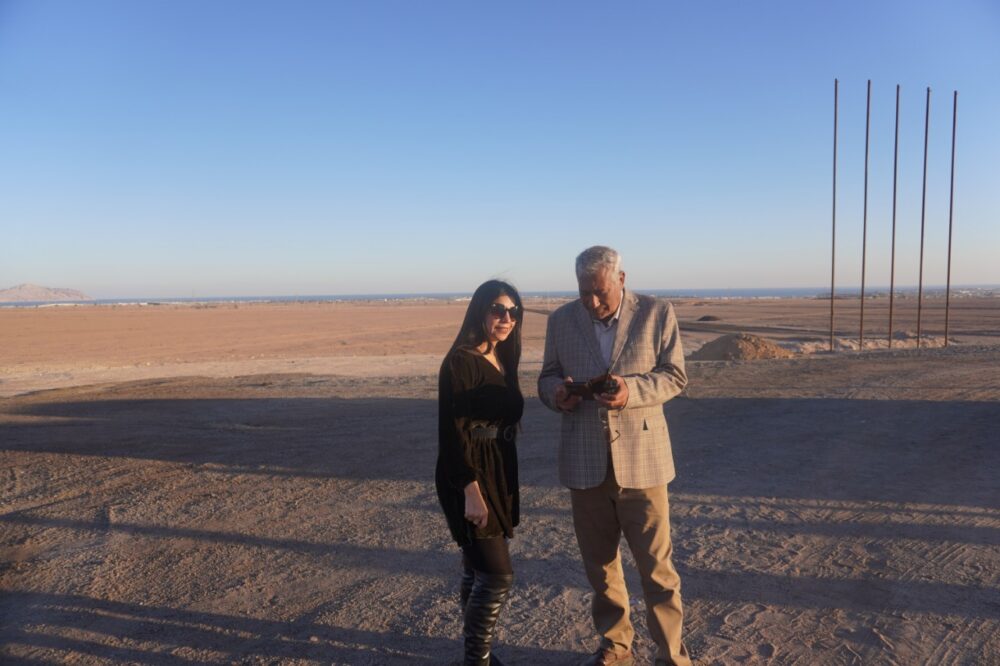
The festival is considered as an investment that embodies a social dimension, to which the political leadership has given special attention, to include Bedouin tribes, to promote a sense of community and heritage to remind us of old Arab values and to strengthen the local economy.
South Sinai Governor Khaled Fouda announced that the warm-up for the races to test the track started yesterday and will end tomorrow, setting the scene and atmosphere for the festival, for which training and preparation are crucial.

Directives from the political leadership are clear with regard to taking care of our Bedouin peoples, preserving their heritage, and strengthening ties with other tribes in Arab countries, Fouda said.
“We are keeping our shoulder to the wheel striving to accomplish our national mission in a spirit of belonging and a sincere resolve to preserve our Arabism,” Fouda added.
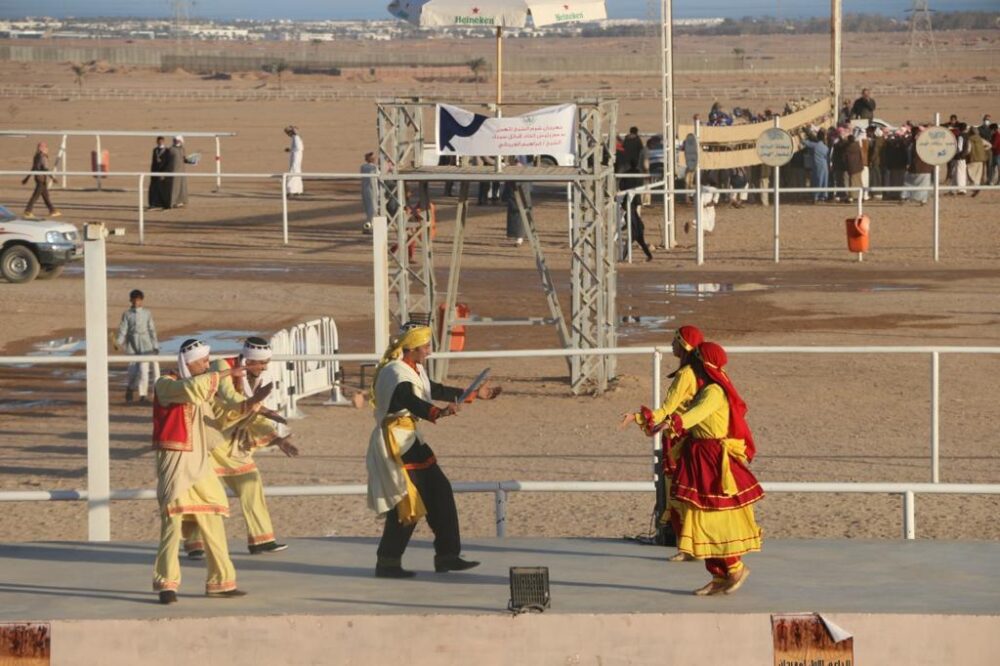
Major-General Mahmoud Al-Suleya, who is advisor to the South Sinai governor, said it takes between three and six months to train a racing camel, whereafter its value will increase considerably.
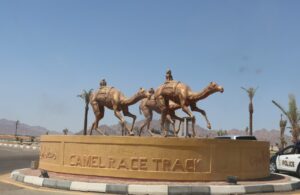
“A camel that could be bought for a mere LE15,000, once trained, could sell for millions,” Al-Suleya said.
Camel racing and trading has become more popular, which means tribesmen are much in demand to revive a cultural heritage that will build bridges of communication between tribal communities in Egypt, Jordan, Saudi Arabia and UAE. Consequently, the International Camel Federation, based in the Kingdom of Saudi Arabia, will be in a position to double its activity, involving other nationalities and expanding the global camel trade.
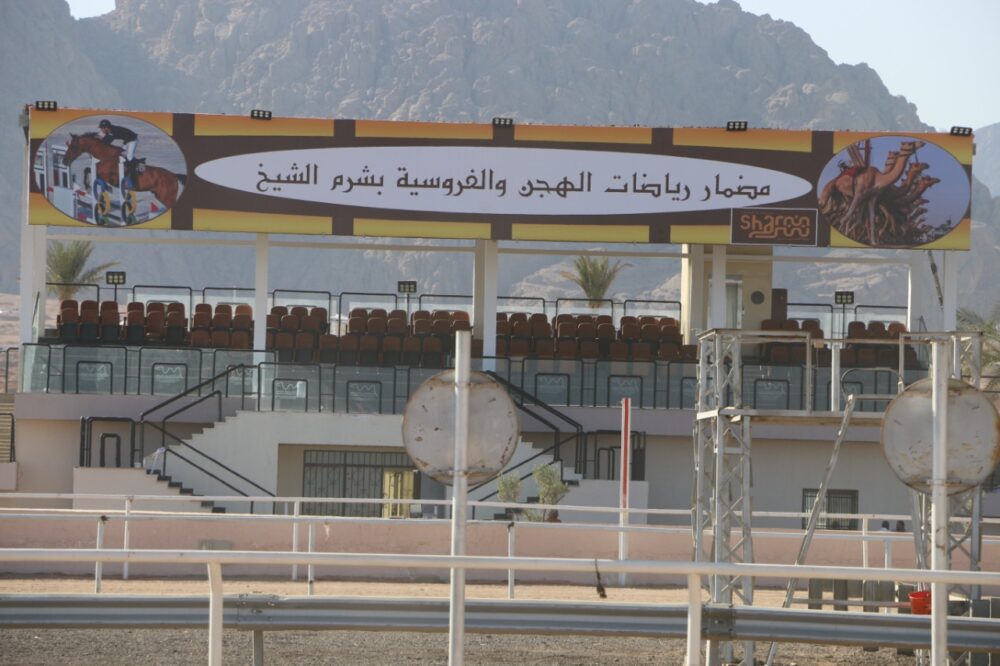

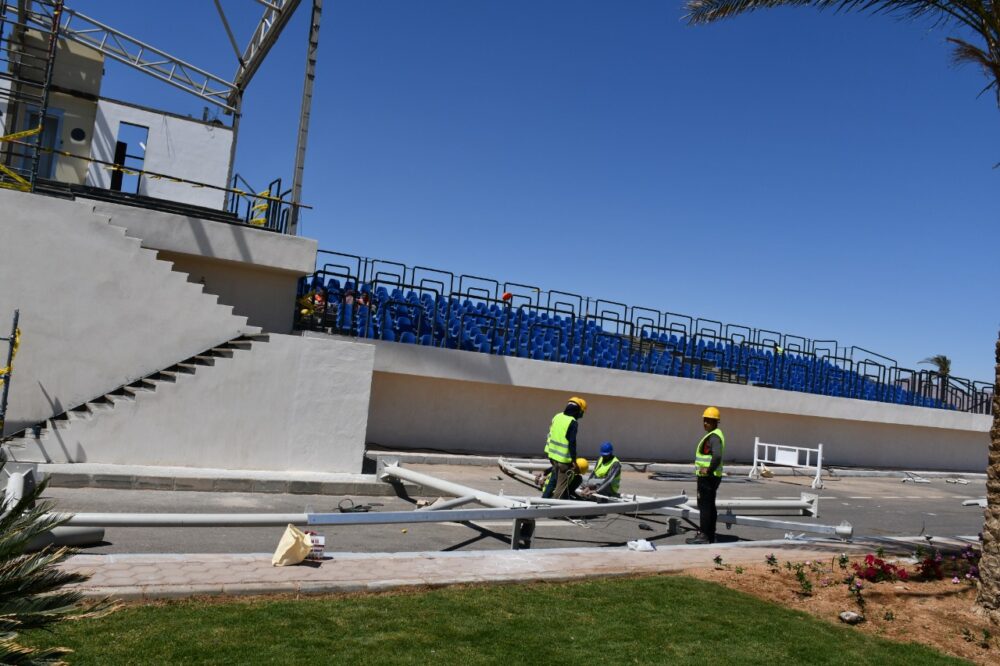






Discussion about this post